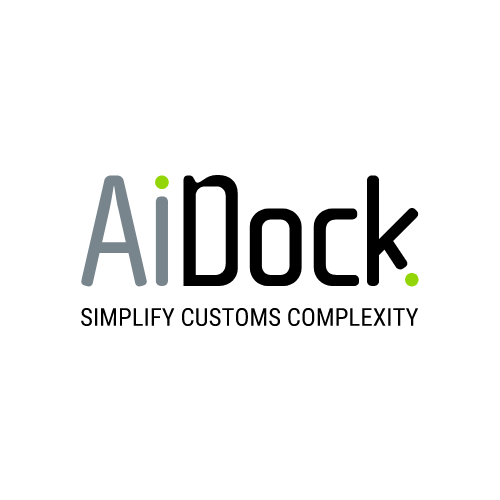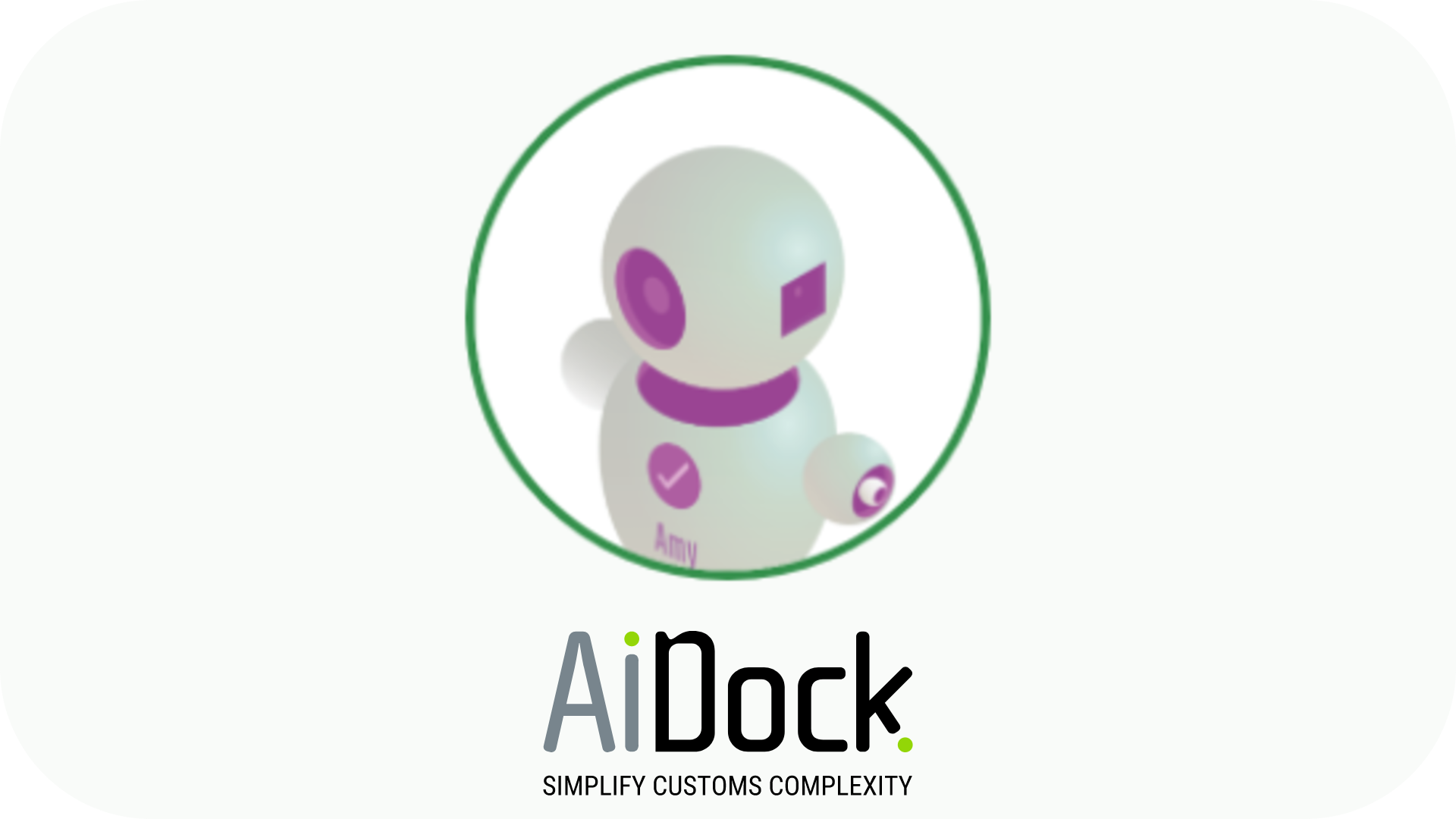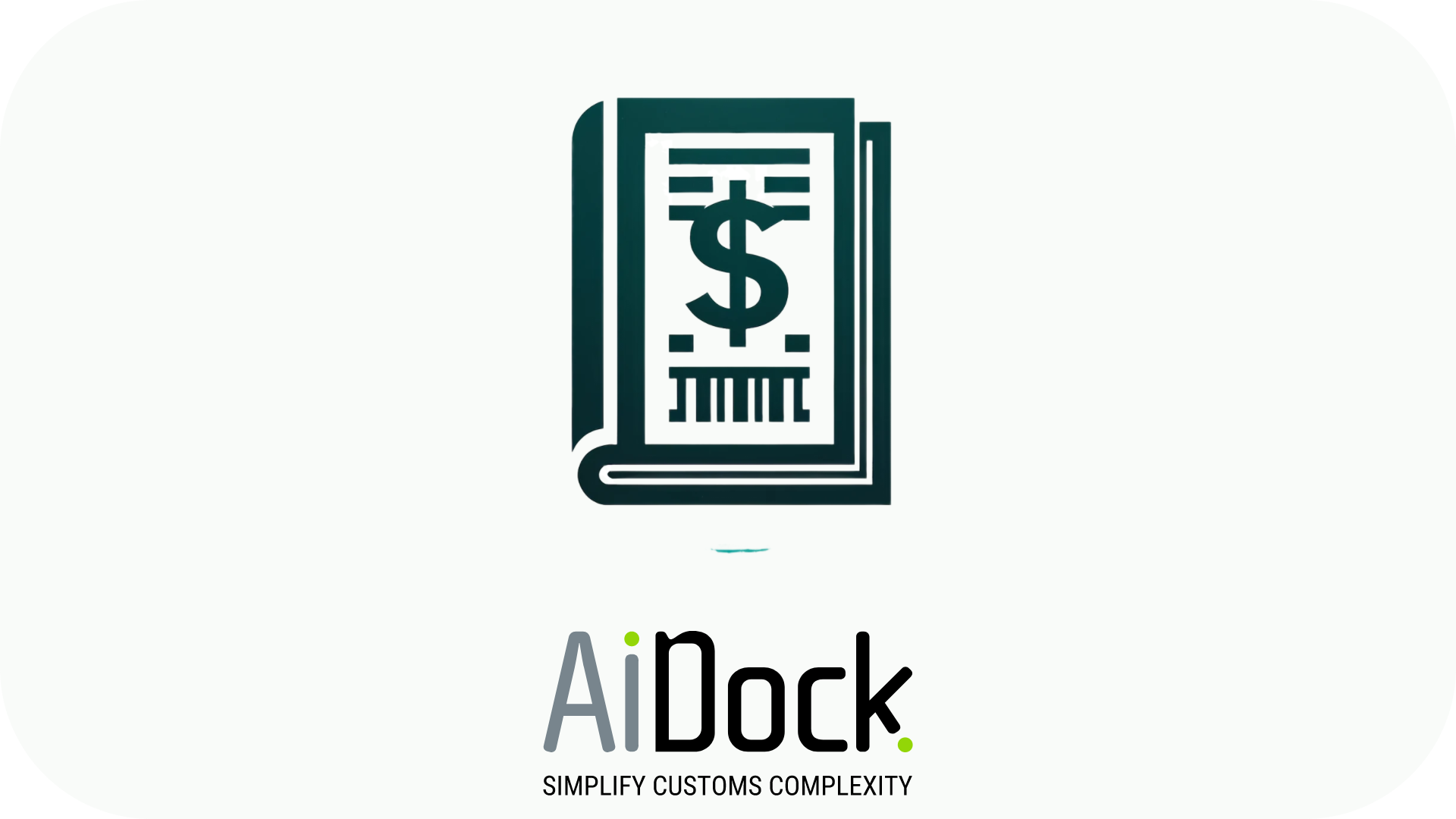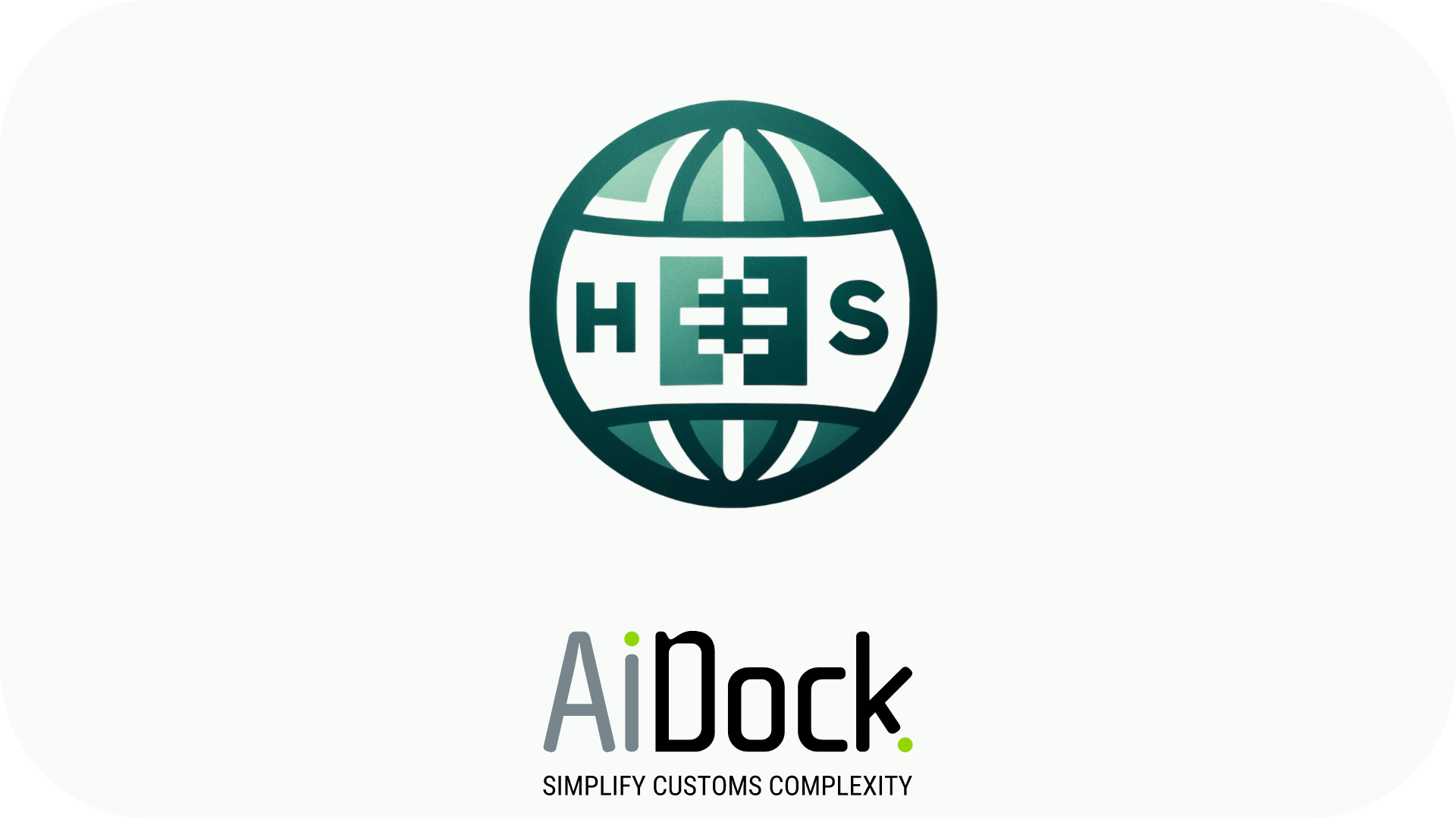Traditional methods of handling customs declarations, compliance checks, and logistics management must be improved, leading to delays, increased costs, and potential legal repercussions for non-compliance.
Enhanced Efficiency Through Automation
AI-powered tools automate the repetitive and time-consuming tasks associated with customs processes. By automating data entry, document analysis, and classification tasks, AI significantly reduces the scope for human error and speeds up the processing time. This efficiency is crucial for businesses aiming to meet tight delivery schedules and minimize downtime at borders. Automation ensures that goods move through customs checkpoints faster, reducing storage fees and enhancing customer satisfaction with quicker delivery times.
Risk Management and Compliance
AI systems excel in identifying patterns and anomalies within vast datasets, a capability that is invaluable for customs compliance. AI can predict potential compliance issues by analyzing historical data based on past shipment records, supplier history, and product classifications. This predictive capability allows businesses to address potential compliance issues before they result in costly delays or penalties. Moreover, AI-driven systems stay abreast of the constantly changing international trade regulations, reducing the burden on human teams to keep updated with every regulatory change.
Cost Reduction and Value Creation
Implementing AI in customs management goes beyond compliance and efficiency; it’s also about cost reduction and value creation. By streamlining processes and reducing delays, businesses can significantly cut operational costs. Additionally, AI-powered analytics can provide insights into supply chain performance, identifying areas for improvement and optimization. These insights enable companies to make informed decisions that enhance their competitiveness and market responsiveness.
Real-time Tracking and Transparency
AI facilitates real-time tracking of shipments, offering unprecedented transparency in the supply chain. This visibility is crucial for managing expectations internally and externally with customers and partners. Real-time data allows for proactive management of any issues that may arise during transit, including customs holds or inspection requirements, thus minimizing disruptions in the supply chain.
The Path Forward
The integration of AI into customs management has its challenges. It requires significant investment in technology and training and a cultural shift towards trust in automated systems. However, the benefits far outweigh the initial costs and challenges. Businesses that adopt AI in their customs processes gain a competitive edge through improved efficiency, compliance, and agility.
As global trade grows in complexity and volume, AI becomes beneficial and essential for future-proofing supply chains. By embracing AI, businesses can navigate the intricacies of modern customs management more effectively, ensuring that their goods move across borders as smoothly as possible. The era of AI in customs management is here, transforming the landscape of global trade logistics.
FAQ
How does AI improve the customs clearance process?
AI technology can improve the customs clearance process by automating various tasks such as data entry, document analysis, and product classification. This automation helps reduce human error and speeds up processing times. AI algorithms also use predictive analytics to predict and mitigate compliance risks by analyzing historical shipment data. By doing so, they ensure adherence to current trade regulations. All of these benefits result in a more efficient, accurate, and compliant customs process, which in turn facilitates smoother and faster movement of goods across borders.Can AI help businesses save on customs management costs?
Artificial Intelligence (AI) can be very useful for businesses in reducing costs associated with customs management. By simplifying procedures and decreasing the risk of delays due to errors or non-compliance, companies can prevent costly fines and lower storage fees at border checkpoints. AI’s predictive analytics can also enhance supply chain operations, resulting in additional cost savings and improved operational efficiency.
What are the challenges of implementing AI in customs management, and how can they be overcome?
Integrating AI into customs management can be challenging due to the need for significant investment in technology, specialized training for staff, and initial resistance to replacing traditional processes with automated solutions. These challenges can be overcome by taking a phased approach to implementation, beginning with pilot projects to demonstrate the value and ease of integration. Investing in training and change management can help ease the transition while choosing scalable, user-friendly AI solutions that minimize disruption and facilitate smoother adoption.
AiDock
Let Us Improve Your Customs
Our AI technology can assist with automating import and export paperwork-related tasks. This can significantly reduce the workload and improve results for courier companies, freight forwarders, postal services, and customs authorities. By utilizing advanced machine learning algorithms, AiDock’s AI assistants are capable of labeling documents, extracting information from them, providing accurate HS codes, and streamlining the customs clearance process.
